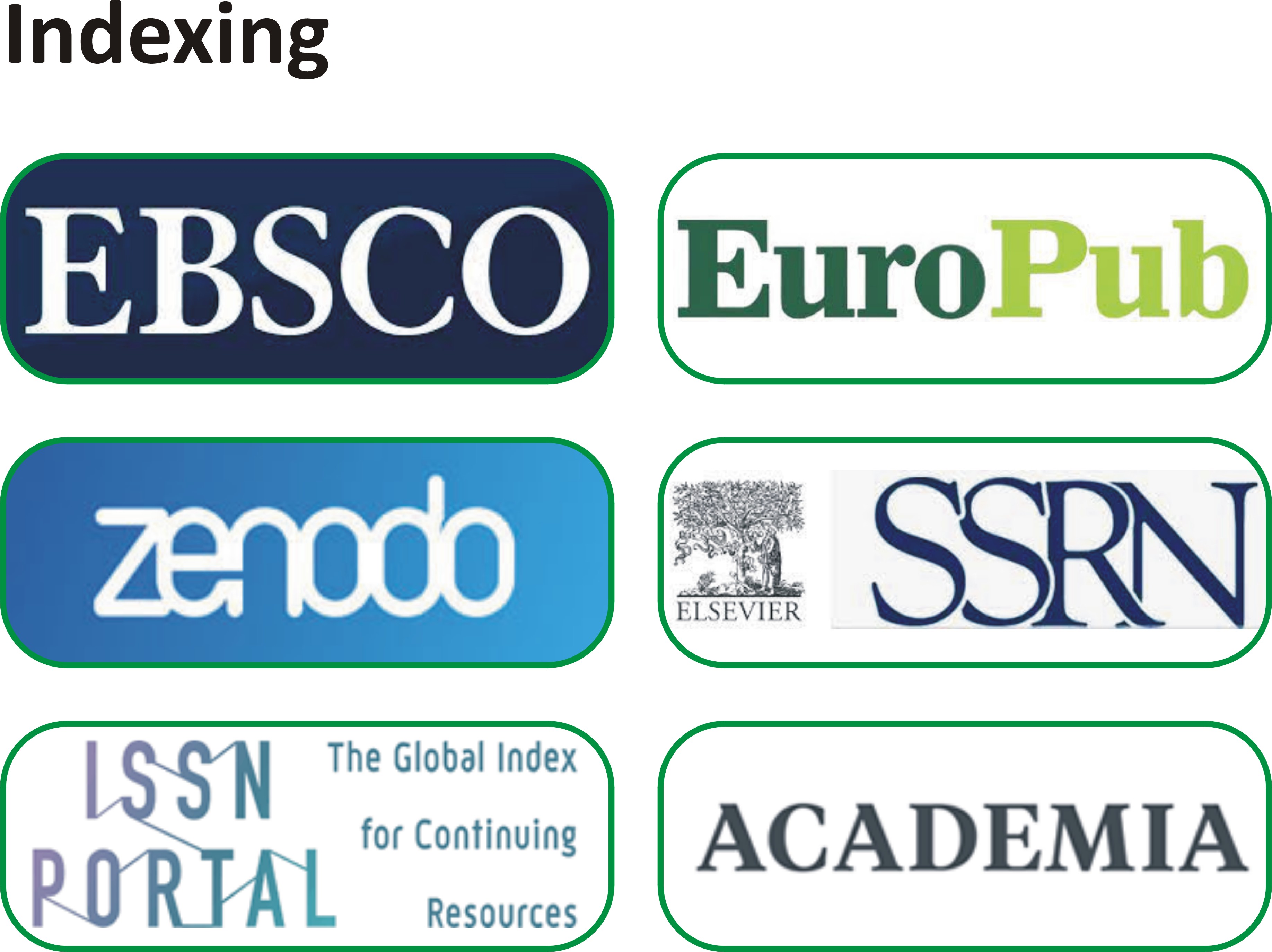Analysis of the Educational Facility for Dependent Children of Incarcerated Mothers: A Case Study of Women Prison in Sindh, Pakistan
Abstract
This research delves into the systemic obstacles encountered by dependent children of incarcerated mothers in one of the prisons in Sindh,Pakistan; emphasizing their limited access to educational facilities in comparison to their non-incarcerated peers. Strict ethical guidelines were followed while conducting in-depth, open-ended interviews with seven jailed mothers of dependent children using a semi-structured interview protocol. The study found the lack of resources and proper systems to protect the educational rights guaranteed by national and international laws and identified number of barriers that contribute to the violation of educational rights of dependent children of incarcerated mothers. The study concludes significant implications for Pakistani political, educational, and administrative leadership as well as for leaders around the world in similar context. In the end, this research promotes a society in which all people, regardless of circumstances, have equal access to their right to an education, creating an atmosphere that is more inclusive and just for everyone.







